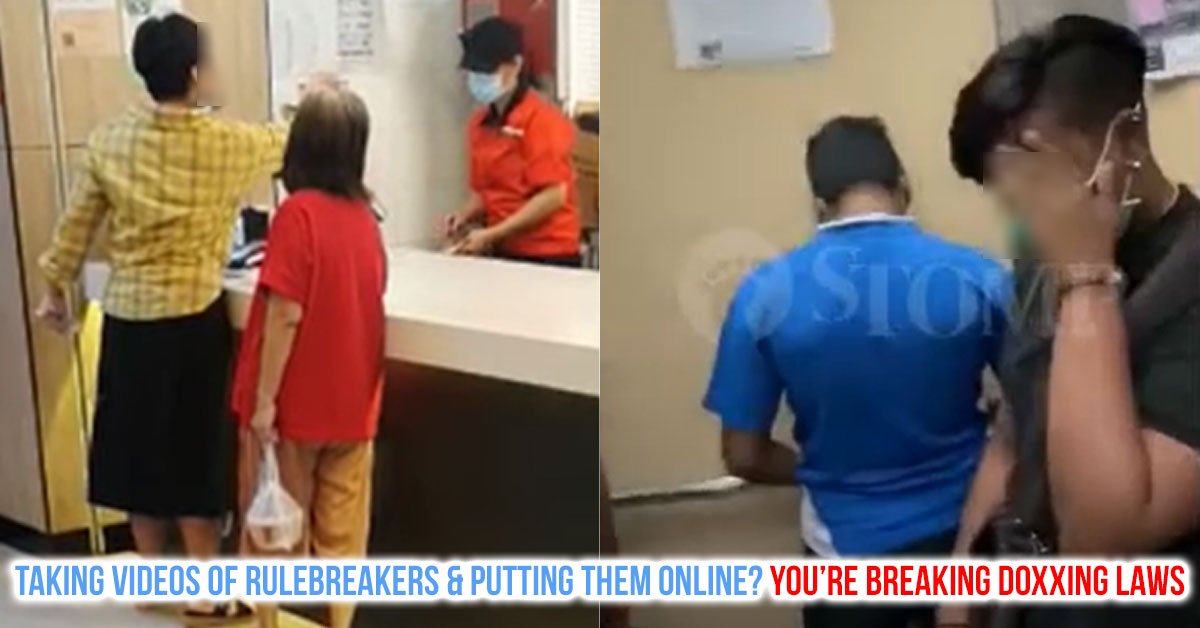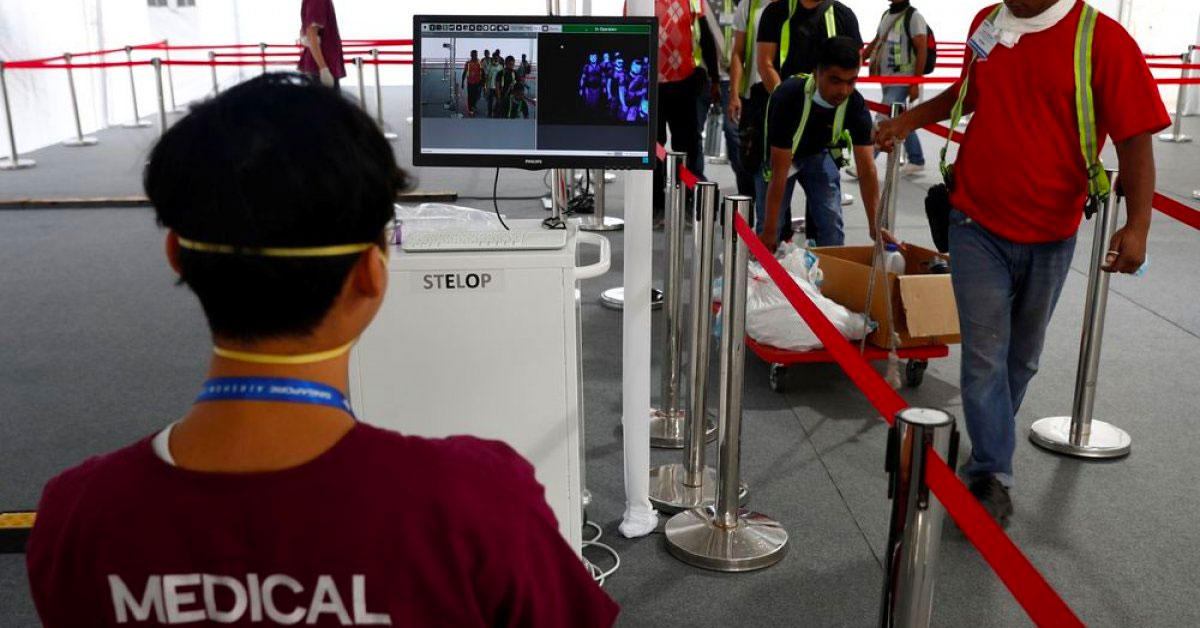The internet is a scary and unforgiving place.
If the Netizen Police happen to find out about a misdeed of yours, you can be assured that they’ll detail it in a post online and invite thousands of strangers to condemn, insult, and degrade you.
And if you’re a famous person, or if your crime is particularly bad, then these idle attackers might start digging up information on you in an attempt to publicly shame you.
Remember Singapore’s favourite condo resident, Ramesh? He was caught on camera verbally abusing a security guard at his condo. Days later, netizens unearthed and published information about his job, salary, education, and even his phone number.
Ramesh later filed a police report, claiming he was being doxxed.
Netizens didn’t take it seriously at the time, but new laws that will be enforced next year might change that.
Doxxing Laws Will Officially Be Enforceable From Jan 2020
To those who’ve never heard of the term, doxxing might sound like Muay Thai for canines. But it’s actually the practice of researching and publishing private or identifying information about an individual or organization.
And from Jan 2020, doxxing in Singapore will officially be illegal.
In a joint press release, the Ministry of Home Affairs (MHA) and the Ministry of Law (MinLaw) said this amendment to the Protection from Harassment Act will commence on 1 Jan, 2020.
According to Mothership, the amendment criminalises the publication of personally-identifiable information with the intention of harassing, threatening, or provoking violence against a person.
This includes (but will not be limited to) the posting of photographs, contact numbers, addresses, and employment details.
This does not mean, however, that people won’t be able to legitimately share information anymore.
According to MHA and MinLaw, the key to whether the publication of information is an offence will be “the intention or knowledge of the person posting the information”.
So, for instance, if you post videos of an incident to give a factual account of what happened or if a person is seeking help with identifying perpetrators of a crime, then that’s fine.
To prevent harassment
As MinLaw noted, doxxing is often done in an attempt to harass the person they are publishing personal information about.
That’s why this amendment was passed in Parliament on May 7 earlier this year.
Those who are charged with doxxing can face a fine of up to S$5,000 or a jail term of up to six months if the intention was to cause harassment.
The jail term can go up to 12 months if they intended to cause fear or provoke violence.
Report, don’t harass
When we see criminals or not-very-nice people online, we have the impulse to punish them for their wrongdoing. But we have no legal right to do so, so we use their personal information to publicly shame them.
But, if you think about it, doesn’t this make us as bad as them? Is it right of us to openly invite our friends and family to condemn and vilify a human being because they did something wrong?
Moreover, online videos and pictures of crimes and incidents never tell the full story, which means we’re simply not well-informed enough to make a judgement.
So, maybe we should leave these matters to the police instead of trying to inflict our own twisted form of punishment on individuals we deem to be immoral.



